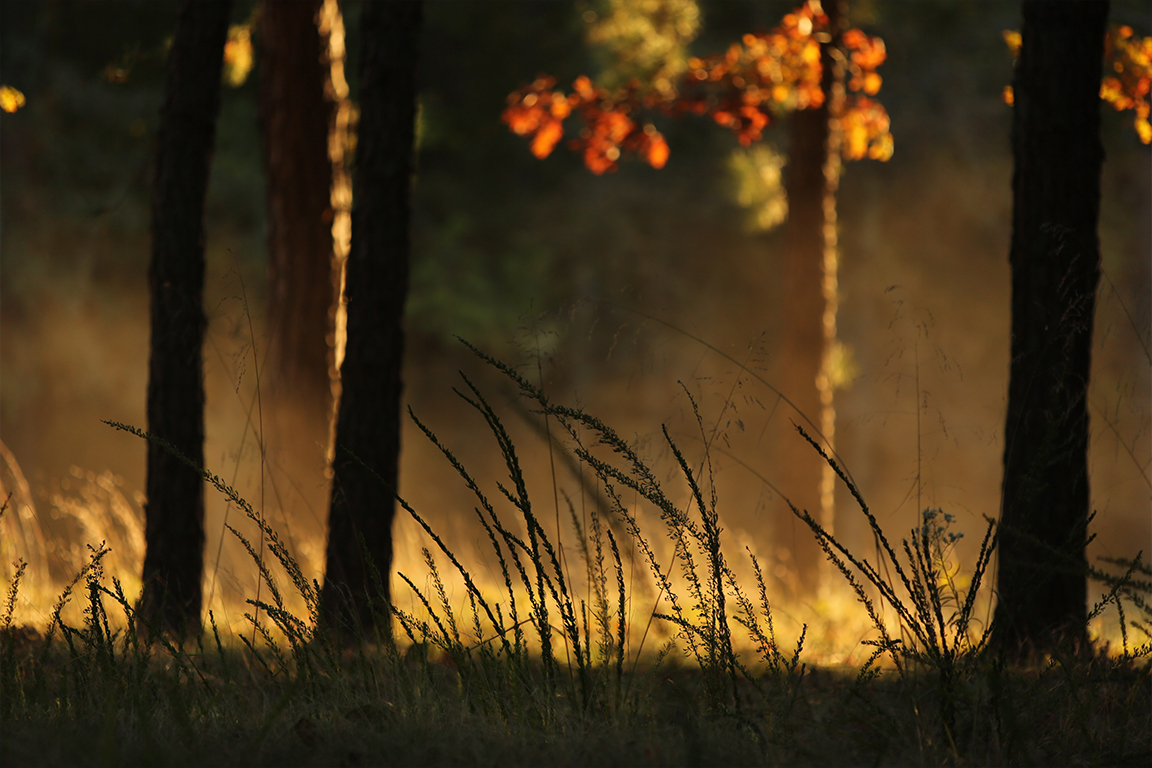Rules Special: Loose Impediments in a Hazard
ELMSFORD, N.Y. (April 23, 2010) - The bizarre ending to the PGA Tour’s Verizon Heritage event on April 18th have generated a lot of discussion in the golf media and here at Golf Central. First, let’s explain the Rules and Definitions that were involved.
In short, Rule 13-4 says, “before making a stroke at a ball that is in a hazard (whether bunker or a water hazard) the player must not touch or move any loose impediment lying in or touching the hazard.” And the Definition of a stroke is: “The forward movement of the club made with the intention of striking at and moving the ball.” The key word in that definition is “forward”—the backswing is not part of the “stroke.”
In case you didn’t see it, here’s what happened. Brian Davis and Jim Furyk were playing the first hole of their sudden-death playoff when Davis pulled his second shot into the water hazard immediately left of the 18th green. The ball was playable, and with Furyk on the green and likely to make par, Davis elected to play the ball from the hazard.
Veteran Tour Rules Official Carlton “Slugger” White was the referee and cautioned him (Davis) “not to touch anything loose” in the hazard. Near his ball were assorted sea grasses and a small pile of reeds. Davis successfully extracted his ball, but practically before it came to rest on the green about 30 feet from the hole he called out to Slugger and said, “I think I may have touched something.” Some delay occurred while Slugger asked for TV confirmation, which clearly showed that Davis touched what turned out to be a loose impediment sticking out of the pile of reeds on his backswing.
Armed with the appropriate Rule and Definition, the result becomes evident and Davis was assessed a two-stroke penalty which effectively ended his hopes for his first Tour win.
A few observations: Slugger White provided Davis with the reminder we should all provide ourselves whenever we attempt to play a ball from a hazard—and remember a bunker is a hazard. Keep in mind that growing or attached grass and reeds are not loose impediments and there would be no penalty if you touched them—even with your backswing. Not all “loose” items that might be found in a water hazard are loose impediments. Objects like cigarette butts, soda cans and abandoned golf balls are considered movable obstructions and may be removed without penalty. Had this been match play, the penalty would be loss of hole, but in this stroke play event Furyk had to putt out and “post” a score better than Davis’s to win the playoff.
